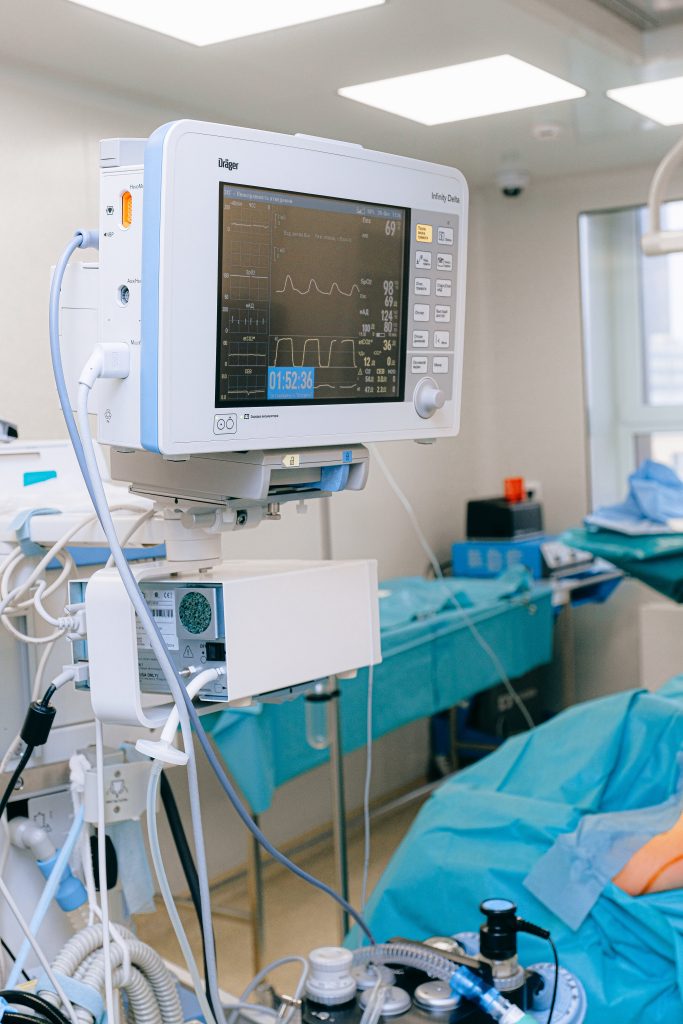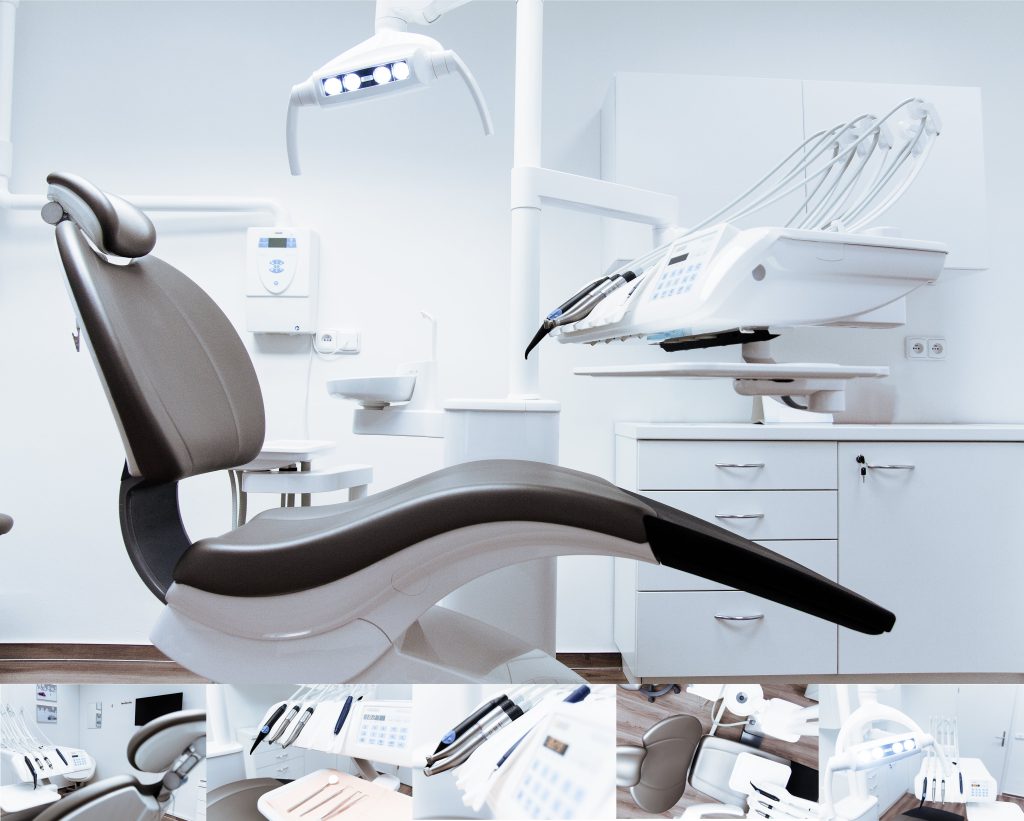Taking care of your health is crucial for leading a happy and fulfilling life. Regular health check-ups play a vital role in ensuring your well-being and detecting any potential health issues before they become serious. In this article, we will explore the importance of scheduling regular health check-ups and how they can contribute to maintaining a healthy lifestyle. By staying proactive about your health, you can take the necessary steps to prevent illnesses and address any concerns early on, allowing you to live your life to the fullest.
Table of Contents
ToggleImportance Of Regular Health Check-ups
Regular health check-ups are an essential part of maintaining a healthy lifestyle. They involve a series of tests and examinations performed by healthcare professionals to assess your overall health and well-being. These check-ups play a crucial role in various aspects of your health, including prevention and early detection of diseases, monitoring and managing chronic conditions, promoting healthy habits, and identifying risk factors for diseases. In this article, we will delve into each of these areas and explore why regular health check-ups are so important for everyone.
Prevention and early detection of diseases
One of the primary benefits of regular health check-ups is the prevention and early detection of diseases. Many diseases and health conditions can be asymptomatic in their early stages, making them difficult to identify without proper screening. Regular check-ups allow healthcare professionals to perform tests and screenings that can identify these conditions before they progress. Early detection enables prompt treatment interventions, increasing the chances of successful outcomes. By staying proactive about your health, you can take preventive measures and significantly reduce the risk of developing severe diseases.
Monitoring and managing chronic conditions
For individuals with chronic conditions, regular health check-ups are crucial for monitoring and managing their health. These check-ups provide an opportunity for healthcare professionals to assess the progression of the condition, monitor the effectiveness of treatment plans, and make any necessary adjustments. By regularly monitoring chronic conditions, healthcare providers can identify potential complications, address emerging symptoms, and provide timely interventions to prevent further deterioration. Regular check-ups also enable healthcare professionals to provide ongoing education and support to individuals with chronic conditions, empowering them to take control of their health.
Assessment of overall health and well-being
Regular health check-ups provide an opportunity for a comprehensive assessment of your overall health and well-being. During these check-ups, healthcare professionals evaluate various aspects of your health, including physical health, mental health, and lifestyle habits. They may conduct physical examinations, review your medical history, ask about your diet and exercise routine, and assess your mental well-being. This holistic approach allows healthcare professionals to identify any potential areas of concern and provide personalized recommendations for improvement. By addressing these concerns early on, you can make proactive changes to optimize your health and well-being.
Promoting healthy habits and lifestyle changes
Regular health check-ups serve as a valuable platform for promoting healthy habits and facilitating lifestyle changes. Healthcare professionals can provide counseling and education on a range of topics, including nutrition, exercise, stress management, and smoking cessation. They can help you set realistic goals and develop strategies to achieve and maintain a healthy lifestyle. By receiving guidance from healthcare professionals during your regular check-ups, you can make informed decisions about your health and implement positive changes that will have a lasting impact on your overall well-being.
Identification of risk factors for diseases
During regular health check-ups, healthcare professionals assess various risk factors that may contribute to the development of diseases. They evaluate factors such as family history, lifestyle habits, and environmental exposures to identify potential risks. By understanding these risk factors, healthcare professionals can tailor preventive interventions and screenings based on individual needs. This proactive approach to healthcare can significantly reduce the likelihood of developing certain diseases and contribute to early detection and successful treatment when necessary.
Maintaining a medical history record
Regular health check-ups also allow for the maintenance of a comprehensive medical history record. These records include information such as previous illnesses, medications, vaccinations, and screening results. By having an up-to-date medical history, healthcare professionals can make informed decisions about your care and provide appropriate recommendations. Medical history records also help detect changes over time and provide valuable insights into your health trends and patterns. Access to a complete medical history can be particularly beneficial in emergency situations, ensuring that healthcare professionals have vital information readily available.
Screening for specific health conditions
Regular health check-ups often involve screenings for specific health conditions that are more prevalent within certain age groups or populations. These screenings can include tests for conditions such as cancer, diabetes, hypertension, cholesterol levels, and sexually transmitted infections. By undergoing these screenings, individuals can detect potential health problems early on, enabling timely intervention and treatment. Screening tests are designed to be sensitive and specific, helping healthcare professionals identify any abnormalities that may require further investigation. Regular health check-ups ensure that these screenings are conducted at appropriate intervals, ensuring optimal health outcomes.
Immunizations and vaccinations
Immunizations and vaccinations are an integral part of regular health check-ups, particularly for children and individuals at risk of specific diseases. These preventative measures help protect against infectious diseases that can have severe consequences. Immunizations and vaccinations boost the immune system’s ability to fight off pathogens, preventing infection and reducing the risk of complications. During regular health check-ups, healthcare professionals can review immunization schedules, administer necessary vaccines, and provide guidance on vaccine-preventable diseases. By staying up-to-date with immunizations, you can safeguard your health and contribute to the overall well-being of the community.
Ensuring appropriate screenings based on age and gender
Regular health check-ups ensure that individuals receive appropriate screenings based on their age and gender. Certain screenings are specifically recommended for particular age groups or genders due to the increased risk of developing certain conditions. For example, mammograms, Pap smears, and prostate exams are essential screenings to detect breast, cervical, and prostate cancers, respectively. By adhering to the recommended screening guidelines during regular check-ups, individuals can ensure that any potential health concerns are addressed promptly, enabling early detection and successful treatment.
Managing stress and mental health
Regular health check-ups also provide an opportunity to address stress and mental health concerns. Mental health is an integral component of overall well-being, and healthcare professionals are equipped to assess and provide support for mental health issues. Through open discussions during check-ups, healthcare professionals can identify signs of stress, anxiety, depression, or other mental health conditions. They can provide appropriate resources, referrals, and interventions to address these concerns effectively. Regularly checking in with healthcare professionals allows individuals to manage their mental health proactively, leading to a better quality of life.
In conclusion, regular health check-ups are essential for various reasons. They enable the prevention and early detection of diseases, the monitoring and managing of chronic conditions, the assessment of overall health and well-being, the promotion of healthy habits and lifestyle changes, the identification of risk factors for diseases, the maintenance of a medical history record, the screening for specific health conditions, the administration of immunizations and vaccinations, the appropriate screenings based on age and gender, and the management of stress and mental health. By prioritizing regular health check-ups, you can take control of your health, improve outcomes, and ensure a healthier and happier future.








